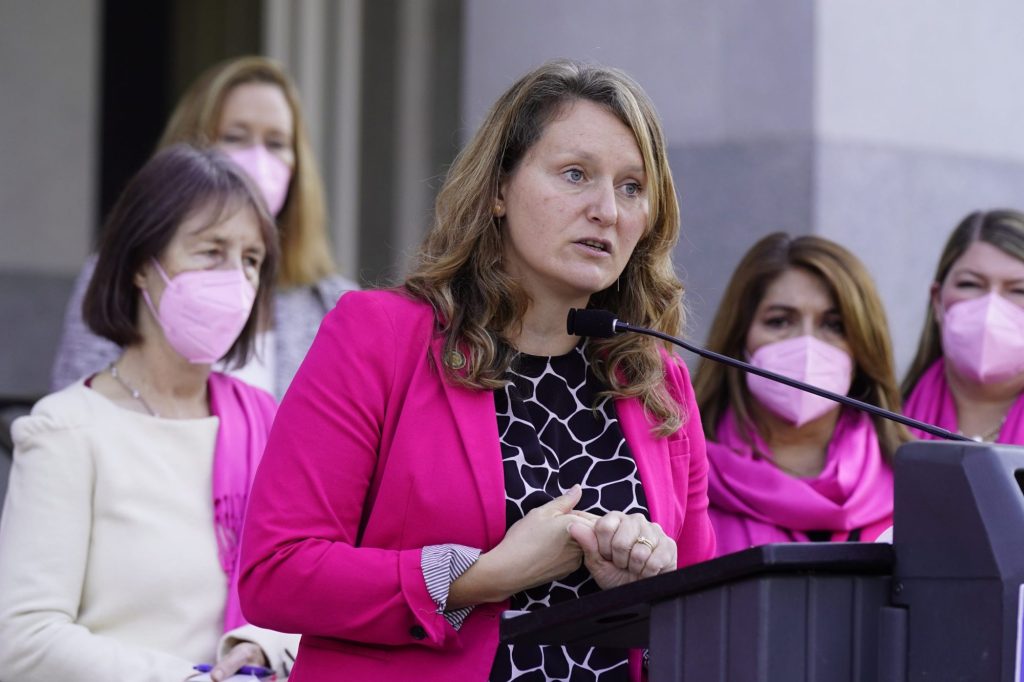
California unions just won’t stop their attack on the freedom of gig workers for Uber, Lyft, DoorDash and other app-based firms to work on their terms. Before its Sept. 12 adjournment, the California Legislature is advancing Assembly Bill 1340, by Assemblymember Buffy Wicks, D-Oakland, and sponsored by the Service Employees International Union. The legislation stipulates the gig companies must “negotiate in good faith” with “certified driver bargaining organizations,” meaning unions.
AB 1340 violates the spirit of Proposition 22, passed in 2020 with 59% of the vote. Prop. 22 affirmed that gig drivers were independent contractors whose work was flexible and not tied up in excessive rules. Sponsored by the gig companies, Prop. 22 effectively exempted their drivers, but unfortunately not all gig workers, from the severe controls imposed by Assembly Bill 5, which had been passed in 2018 mainly as an attack on gig companies.
AB 1340 is the latest push by Big Labor and their Democratic allies to unionize gig worker drivers so unions can leverage power over the sector. The practical consequences of this are obvious. As warned by Uber, “If passed as written, AB 1340 would fundamentally alter the way platforms such as Uber operate,” continuing, “It will drive up costs in a state already struggling with affordability, disproportionately hurt low-income communities, and ultimately reduce driver earnings as demand falls.”
If AB 1340 is passed, it could also be hit with a lawsuit. “We would be very much willing to assist independent drivers against this kind of power grab,” William Messenger told us; he’s vice president and legal director of the National Right to Work Legal Defense Foundation, which defends workers’ right not to be controlled by unions.
He pointed to a 2018 decision by a three-judge panel of the 9th U.S. Circuit Court of Appeals, which also covers California, in the case Chamber of Commerce of the United States and Rasier vs. City of Seattle. Raiser is an Uber subsidiary. The court ruled Seattle’s ordinance allowing gig drivers to collectively set pay rates with gig companies may violate federal antitrust law. After that, Seattle sent the ordinance to the junk yard. “AB 1340 was written similar to the Seattle law,” Messenger said.
Another consideration is the rise of autonomous vehicles, which have no drivers. Waymo, run by Alphabet/Google, in June expanded its service to include almost all of Los Angeles, San Francisco and Silicon Valley. On July 30 Tesla launched its Robotaxi service in San Francisco, although still with “safety drivers” until safety concerns are ironed out.
In June CEO Elon Musk predicted more than 1 million Robotaxis could be roaming the United States by the end of 2026. However, Wikipedia listed 26 times the past 12 years he over-hyped autonomous vehicle adoption. In any case, the overall innovation is advancing.
AB 1340 passed the Assembly, 54-15, on June 4. On July 8, it passed the Senate Transportation Committee, 11-4. Currently it’s in the Senate Appropriations Committee. But the Legislature ought to abandon a bill that, if passed, at a minimum would run up legal bills paid by California taxpayers, likely on a losing cause.
Consumers ultimately will determine the future of taxis vs. gig drivers vs. autonomous vehicles. The only legitimate job of the government here is to assure passenger safety, which it is doing. Otherwise, it should stay out of the way of both progress and the freedom of choice of gig workers.



